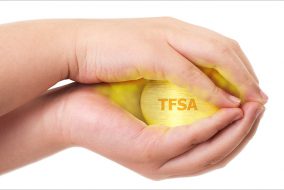ETFs combine the diversification of a traditional mutual fund with the trading characteristics of an equity investment. They can be structured to mirror an index, commodity or currency.
ETFs are complementary to traditional mutual funds. Many traditional mutual funds include ETFs in their holdings, and many mutual fund companies also offer ETFs. Traditional ETFs mirror an index and have limited manager involvement, but today, many ETFs are actively managed to give investors expanded options and added exposure to the expertise of the fund manager.
ETFs have a similar disclosure requirement to Fund Facts. Both documents provide key fund information in plain language to aid investor decision-making One notable difference is that Fund Facts requires pre-trade delivery, while ETF Facts is delivered post sale.
The investment funds industry is continually evolving to meet investors’ needs, and technological advancements will continue to benefit the industry.






















